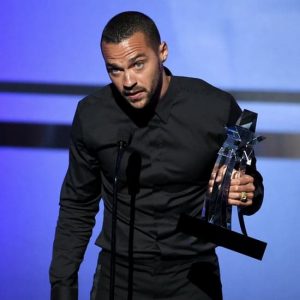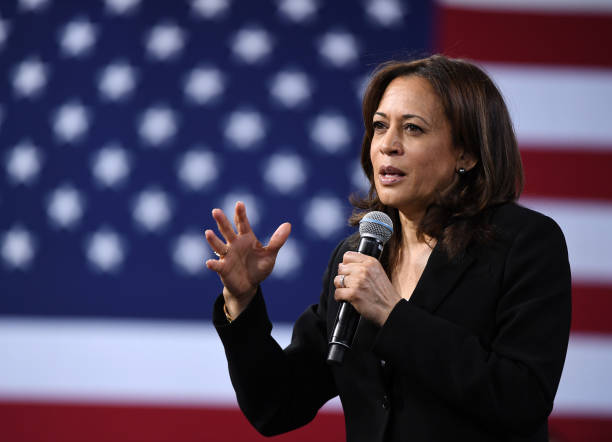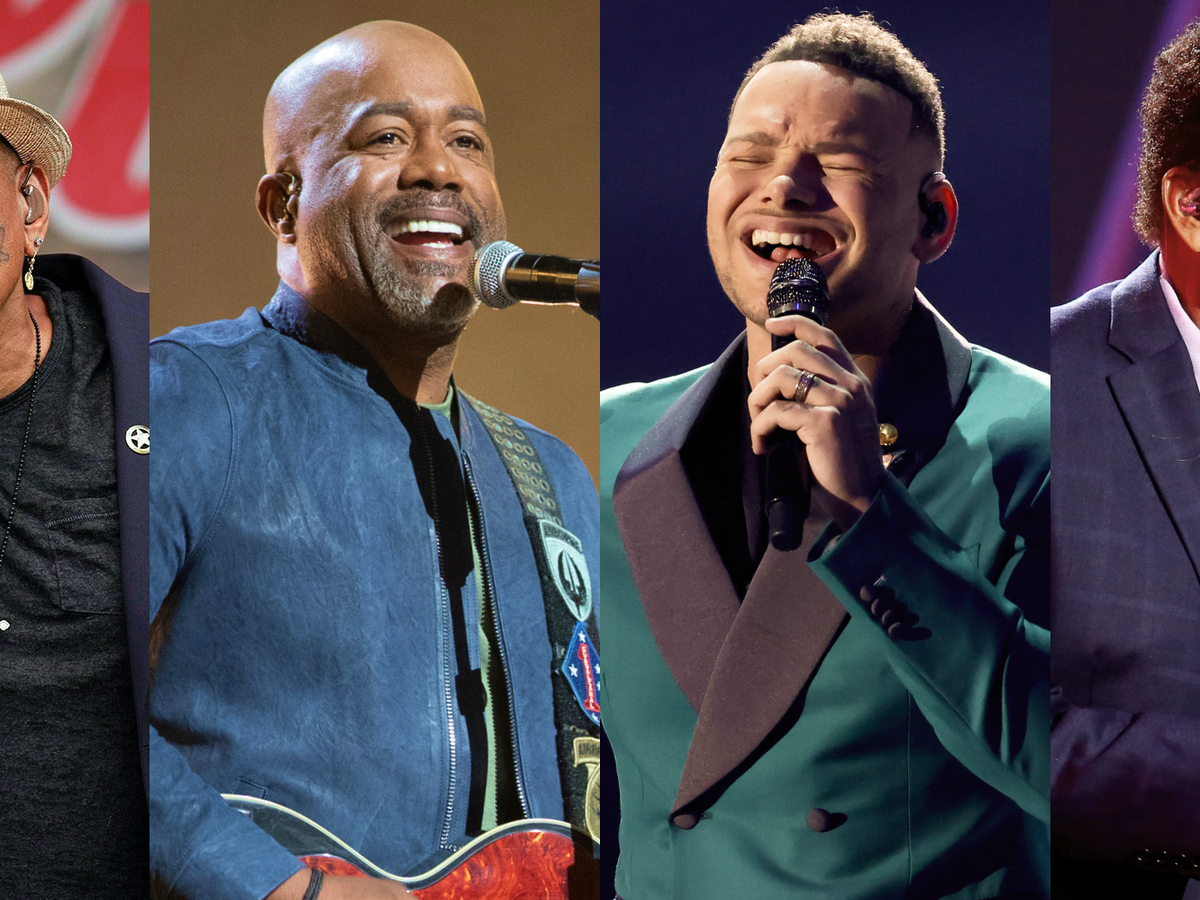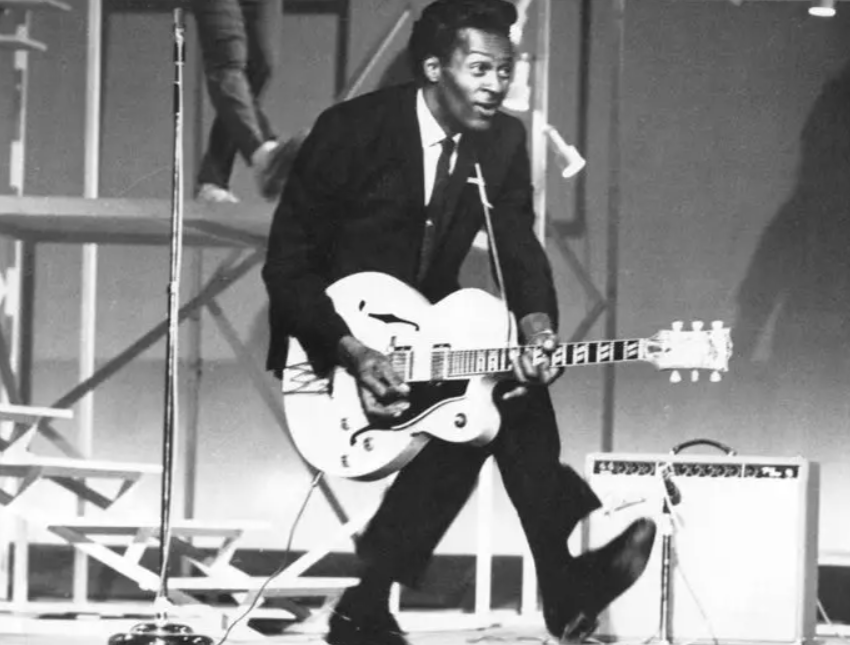(ThyBlackMan.com) By far, the BET Awards were more politicized Sunday night then they have ever been before. From the extraordinary opening performance by Beyonce and Kendrick Lamar, to Usher’s “Don’t Trump America”, there were underlying messages that permeated the biggest night in Black entertainment, and that was… ‘justice’.
However, there was one message that was quite clear and frankly, “in your face,” and that came from a speech given by Jesse Williams. The Shondaland actor and activist, was the award show’s 2016 humanitarian recipient, and gave a speech calling out police brutality, systemic racism, and a serious need for social change. “We’ve been floating this country on credit for centuries, yo. And we’re done watching, and waiting while this invention called whiteness uses and abuses us. Burying black people out of sight and out of mind, while extracting our culture, our dollars, our  entertainment like oil — black gold. Ghettoizing and demeaning our creations then stealing them. Gentrifying our genius and then trying us on like costumes before discarding our bodies like rinds of strange fruit,” Williams stated, concluding his powerful speech.
entertainment like oil — black gold. Ghettoizing and demeaning our creations then stealing them. Gentrifying our genius and then trying us on like costumes before discarding our bodies like rinds of strange fruit,” Williams stated, concluding his powerful speech.
Jesse Williams, the once Philadelphia public school teacher, whose academic tone has now transcended into a force that is becoming a forefront in the Black Lives Matter movement, has used his privilege and platform as a Hollywood A-lister, to signify a call for a transformation in the treatment and oppression of Black people in the United States. Many have proclaimed his ‘cool’ demeanor and relaxed nature exudes and channels that of a young Harry Belafonte in his youth. Yet, despite his critical points he laid out in his speech Sunday night, Monday morning was a different story.
Ignoring the overly popularized Justin Timberlake tweet, discussions commenced on Williams light-skinned appearance. Jesse Williams, who identifies as a Black man, is the son of an African American father and White mother. In an interview with The Guardian, he was quoted acknowledging his privilege in saying, “I have access to rooms and information. I am white and I am also black. I am invisible man in a lot of these scenarios,” Williams said, referencing the Ralph Ellison novel. “I know how white people talk about black people. I know how black people talk about white folks. I know I am there and everyone speaks honestly around me.” In the same interview he recalled an interaction of a non-black parent saying “I remember a mom of a friend of mine in the suburbs made some comment about a black person and—I had to be 12, about 60 pounds—I said something and she said, ‘Oh no, not you. You are not black. You are great.’ It was real. That f-king happened. And she meant it. And she meant it sincerely and sweetly. She was paying me a compliment,” Williams recalled.
Jesse Williams, now 34, has continuously acknowledged and owned his own privilege throughout his rise in the advocacy for Black lives. Conversely, Monday morning, a slew of news commentary and social media discussion aroused on the validity of Williams plight because of his light-skinned and blue eyed appearance. Many wondered if Williams was ‘Darker’ skinned would he be so widely popular or well received? As we approach the 1 year anniversary of Viola Davis’s ground breaking Emmy win for Best actress in a Drama series, the first of any Black actress, she too accompanied her award with a passionate speech. “The only thing that separates women of color from anything else is opportunity,” Davis stated. However, in her response, although widely well received by the public, did not overwhelmingly center around her darker complexion, but rather her advocacy for representation of Black women in a less than diverse Hollywood. Now fast-forwarding to Williams moment, it became evident in a true revelation of how important and necessary it is for continuous critical conversations to heal the black community of the didactic cancer that is colorism.
A term first coined by Alice Walker in 1982, colorism, has plagued the Black community for decades. Stemming from slavery, debates of Light skin vs. Dark skin, Good hair vs. Kinky hair, keen features, light eyes, and the list goes on, have been used as tools of separation that were created under an umbrella of white supremacy. Nevertheless, in conjunction with the complexities within the Black community, it is important to acknowledge that there is a movement happening. The discussion of Williams looks, nevertheless, should not censor or overshadow the overall mission for Black people everywhere in this country in his speech.
We cannot let our insecurities, our biases, or our unconscious unremitting to the defaulting of looking at our own lives through White lenses hinder, halt, or detour, the need for justice and freedom. For as Williams masterfully said in his speech, “just because we’re magic doesn’t mean we’re not real “… real people, with real lives, and a real necessity to not be distracted in the camouflaged matrix called ‘life’. Light-skinned or dark-skinned, we are black and when all Black lives matter within blackness, the need for a qualifier is never necessary.
Written by
Official website; http://twitter.com/BrennanDuBose




















Are you guys brainwashed or just blind? WE ARE BROWN. We are NOT BLACK.
It amazes me how many of you are still brainwashed to call yourselves BLACK. Black is the color of your car tires, not your skin. The white oppressive slave trader called you black and himself white to set up a contrast and to attach negative images and denotations to you based on a lie about color. Look up BLACK in the dictionary.
Research even shows that blacks are perceived by other groups as very different from African Americans. But we still keep calling ourselves what someone else defined us as, what we are not and what has a negative dictionary denotation in society. WAKE UP. LOOK AT THE REAL COLOR OF YOUR SKIN. YOU ARE NOT BLACK. You are an African American. The lie of calling us black and defining us by color (the wrong color) has been in place so long that our people accept it as truth – but it’s not. Know your colors.
Native Americans do not allow others to call them red men. Asians do not accept being called yellow men. Hispanics do not answer to “what’s up brown man”. And Caucasians are not white, notebook paper is white. Wake up and see the plan where white racist supremacists plotted to redefine our people from Africa. STOP CALLING YOURSELF SOMETHING THAT YOU ARE NOT!
AFRICAN AMERICANS ARE NOT BLACK.
Black is the color of your car tires, not your skin author. Being called “black” is a lie and it should be offensive. Haitians, Jamaicans and even Africans do not accept being called “black”, Why do you think that is? They are identified by tribes, klans, geographic areas and their respective countries. By using the very term black to describe us, we are doing the following:
1. Using a term white oppressors and slave masters gave us.
2. Letting someone else define us other than our own people.
3. Calling ourselves something we are not.
4. Buying into thee lie and the negative denotation. Check the dictionary.
5. Being set apart in a way that no other ethnic group allows. Native Americans are not called Red Man. Asians are not called Yellow Man. Hispanics are not called Brown Man. They do not and will not accept being defined by color and by some other race or ethnic group at that.
6. Ignoring our actual color (brown) which means brainwashing has worked. Any time someone can get an entire race, ethnic group or culture to ignore what they are and call themselves what they factually are not, THEY HAVE BEEN INDOCTRINATED, ASSIMILATED AND BRAINWASHED.
7. Playing right into the oppressor’s profiles and stereotypes. Did you know studies show there is a different perception of black people than there is of African Americans? Words create perceptions and perceptions create actions towards us.
WAKE UP. You know your colors. And even though others around the world equated our ancestors with the color of the soil in Africa or the meaning of negro/negroid, that does not change the fact that WE ARE BROWN – NOT BLACK.
If you look in the dictionary or send an email to brainstormonline@yahoo.com, I will send you the research. Facts are facts and YOU ARE BROWN, NOT BLACK. When you receive the revelation of why they keep calling African Americans “black” and Caucasian people “white”, you may just wake up!